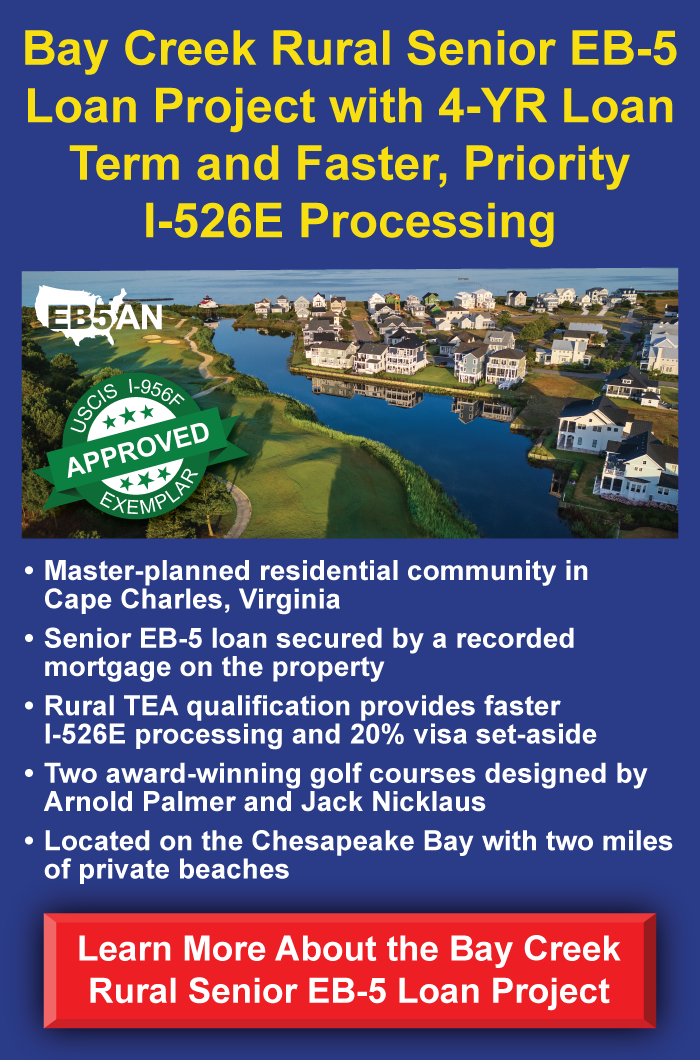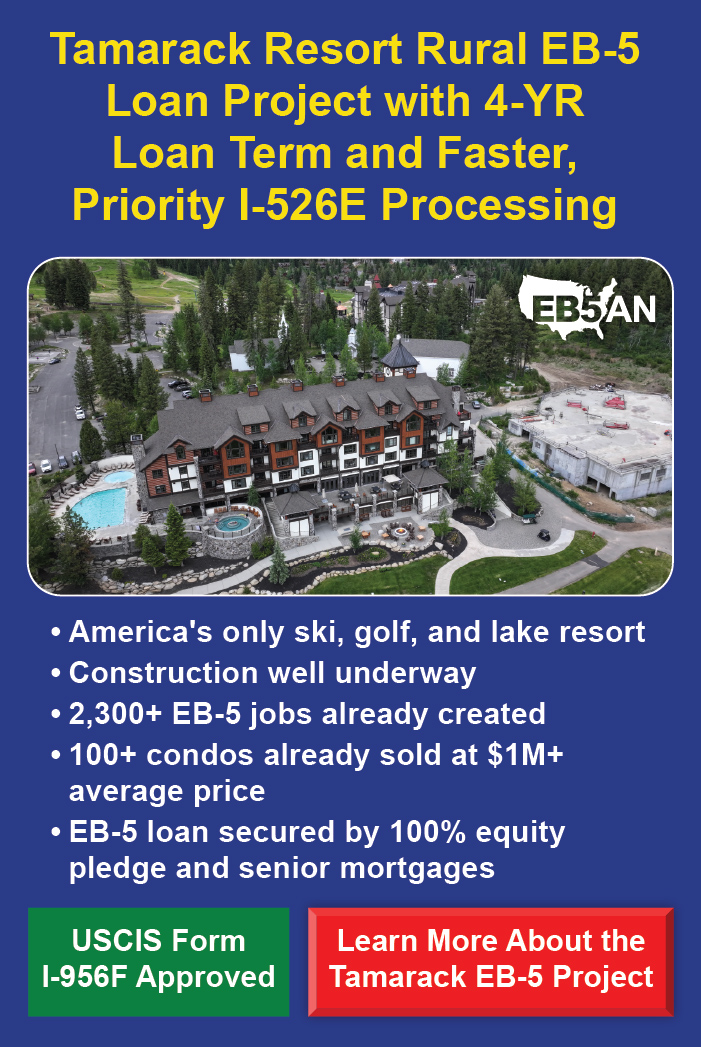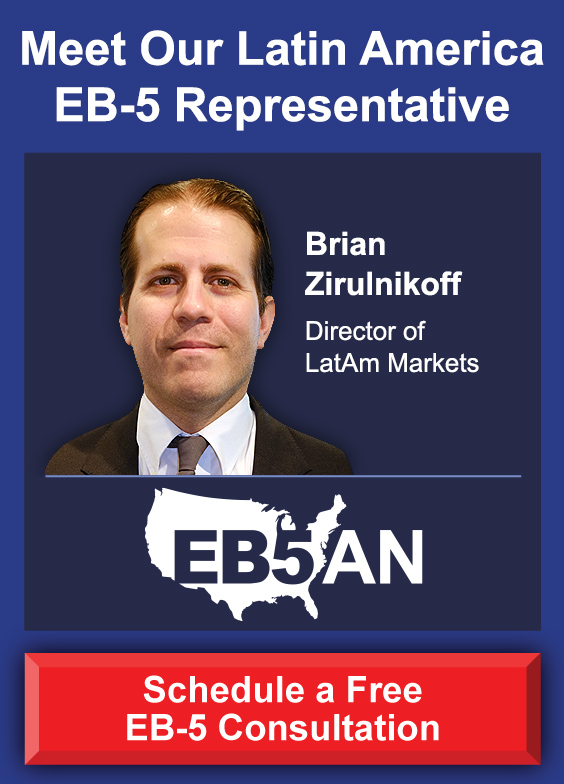
All around the world, foreign nationals rely on the EB-5 Immigrant Investor Program to pursue a new, promising life in the United States for themselves and their immediate family members. U.S. permanent resident status for an EB-5 investor and their family offers invaluable benefits, such as facilitated enrollment at U.S. colleges, state-of-the-art health facilities, and the ability to live, work, and study freely anywhere in the United States, and all that is available through a one-time, largely passive EB-5 investment.
EB-5 investors can opt to either funnel their EB-5 investment capital directly into the new commercial enterprise (NCE) or work with an EB-5 regional center to pool their capital together with other investors and inject it into larger projects. Making an EB5 investment through a regional center offers a number of advantages that render it by far the preferred path of EB-5 investors. For example, not only can regional center investors leverage the deep EB-5 knowledge and expertise of the regional center operators, but they can also generally satisfy the managerial requirements simply by signing on as a limited partner, and they can include indirect and induced jobs toward the job creation requirement.
Since an EB-5 regional center is a commercial entity, it will require fees from EB-5 investors. The freedom and facilitated EB5 investment process that regional centers offer is well worth spending the extra funds, but this also makes it crucial to conduct careful due diligence before selecting a regional center. Making an EB-5 investment through a regional center is a major step—but with proper research, it could be one of the best investments a foreign national makes in their future.
Points to Consider When Choosing a Regional Center
EB-5 regional centers are commercial entities approved by United States Citizenship and Immigration Services (USCIS) to manage and facilitate EB5 investments. They gain approval for a particular geographical area, such as a state, and may sponsor projects within that area. Most regional areas primarily sponsor projects that qualify for targeted employment area (TEA) designation, as TEA status allows investors to invest half the minimum EB-5 investment amount (i.e., $900,000 instead of $1.8 million).
When looking for a regional center to invest through, a prospective EB-5 investor should look into the backgrounds and experience of its managers. Checking the track record of the regional center is also particularly important—how many projects has the regional center sponsored in the past? How many investors have received I-526 petition approval? How many have received I-829 petition approval? How many previous investors have had their investment capital returned at the end of the investment term?
There are certain questions an investor should also ask when considering a specific EB-5 project sponsored by a prospective regional center—has the regional center worked with this project developer before? Have they sponsored any similar projects before? Don’t forget to look into the project developer, too, examining their track record, experience, management, and more.
Reach out to the regional center and ask all the questions you want to their team. If the regional center is reputable, they’ll be happy to answer your questions and provide any documents you might request to determine their legitimacy.
Resources for Researching Regional Centers
An EB5 investment is a major journey, and it’s important that investors undertake all the necessary precautions prior to jumping into an EB-5 investment. Conducting all regional center–related due diligence at the regional center itself isn’t sufficient—investors should branch out and consult third-party resources as well.
USCIS
If an EB-5 regional center doesn’t have USCIS approval, it isn’t a regional center. Verify whether a prospective regional center is approved by USCIS by checking out USCIS’s comprehensive list of approved regional centers.
Better Business Bureau
The Better Business Bureau can also be a resource for prospective EB-5 investors looking for the right regional center. Simply search the name of a regional center to see its rating as well as comments and complaints from clients.
Local Departments of Buildings
While local Department of Buildings can’t provide insight into a regional center, they can help an investor determine whether a specific project is suitable for EB5 investment. The majority of regional centers work with commercial real estate projects, so an investor can simply locate the address of the development project (or ask the regional center team for it) and plug it into the Department of Building website for that region. These websites can offer information such as the owner of the property, the general contractor for the development project, and any permits or violations that have been issued.
We’ve put together a list of the Department of Buildings websites for some of the biggest U.S. cities:











